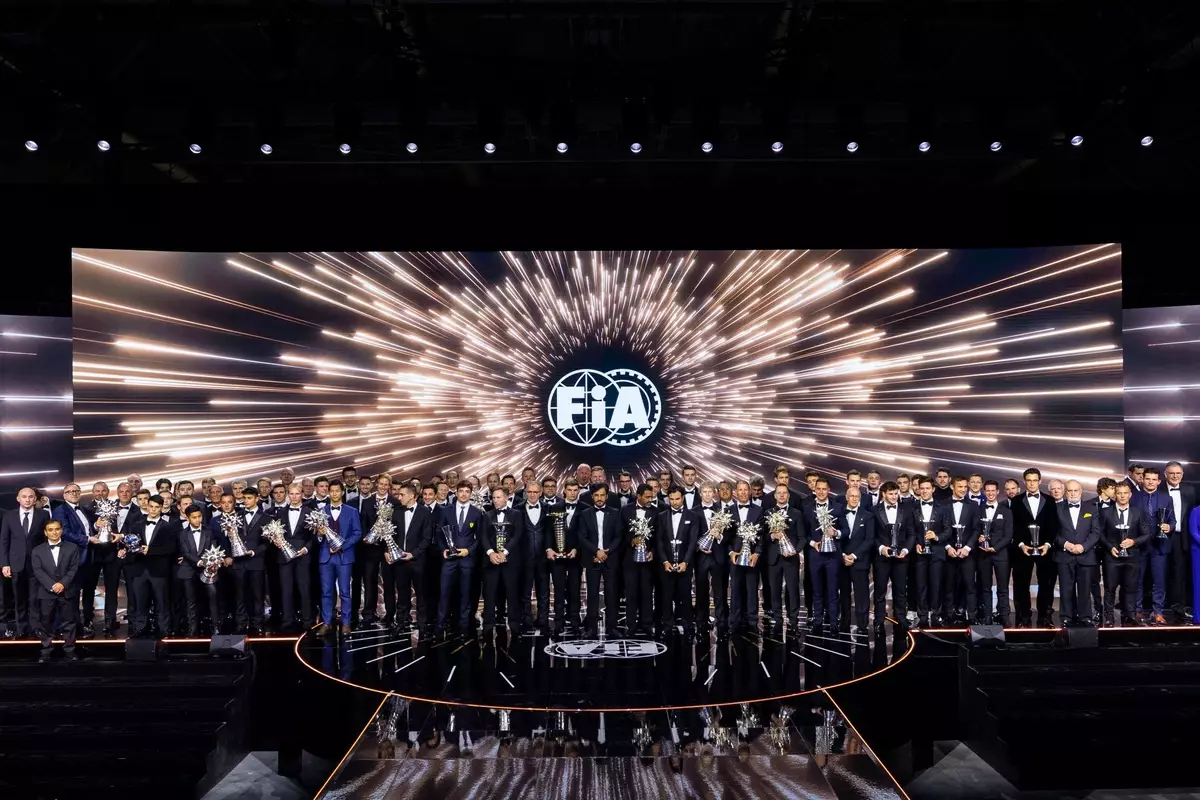The upcoming FIA Prize Gala in Kigali, scheduled for December 13, is set to be a hallmark event, celebrating the achievements of motorsport champions and the FIA’s 120th anniversary. Yet, the decision to continue with this gala could be fraught with peril given the ongoing outbreak of the Marburg virus in Rwanda. The World Health Organization (WHO) has issued warnings about the outbreak, advising against non-essential travel to the region. This juxtaposition of celebratory intent against health warnings raises serious questions regarding the responsibility of organizations like the FIA.
Rwanda has recently recorded a worrying increase in Marburg virus cases—with 58 confirmed and 13 recorded fatalities as of October 8. This outbreak is one of the most significant in history, leading to heightened alerts not only within Rwanda but also internationally. In response to the unfolding public health crisis, the Rwandan government is collaborating with WHO to manage the situation, yet this partnership does not eliminate the underlying risks associated with hosting large gatherings in such an environment.
The FIA’s decision to proceed with the gala invites scrutiny. On one hand, the organization aims to uphold traditions, including the ceremonial awarding of trophies to winners in various FIA championships, especially Formula 1. Lewis Hamilton’s fine for skipping the 2021 gala serves as a stern reminder of the pressures athletes face to attend such events. On the other hand, the governing body’s commitment to safety should also be paramount—both for the attendees and for the broader context of public health in Rwanda.
WHO’s assessment of the outbreak describes a high risk at the national level, signifying that any gathering of international delegates poses potential dangers. A lack of immediate travel restrictions and ongoing acknowledgment of the risks metrics do not provide clear reassurance to potential attendees. This contradiction in messages—from WHO’s general travel advisories to the FIA’s insistent plans—highlights a dissonance that could undermine confidence in such events.
While the FIA claims to be monitoring the situation closely in collaboration with Rwanda’s health ministry, the context of a public health emergency demands more than vigilant observation. Current protocols indicate that individuals exposed to confirmed virus cases must undergo 21 days of quarantine until they exhibit no symptoms, further complicating travel and attendance for expected guests. The possibility of illness disrupting the festivities remains high, posing logistical nightmares for attendees who may suddenly find themselves unable to fulfill conference or celebratory responsibilities.
Moreover, the continued operation of Rwanda’s main tourist attractions invites skepticism. Operating under normal conditions may alienate potential visitors who check travel advisories before embarking on the journey. A sense of security needs to be established—not just through functional systems in place but through clear communication and adherence to public health recommendations by major organizations like the FIA.
A Call for Reassessment
As the date for the gala approaches, a fundamental reassessment appears necessary. The FIA stands at a crossroads: celebrate past achievements while aligning with health guidelines that ensure the safety of its members, their families, and the public. This event could serve as a poignant reflection of sportsmanship and community; however, pushing forward in the face of a health crisis raises ethical concerns about the prioritization of tradition over human safety.
Ultimately, while the event has historical significance, the FIA should consider the potential fallout of showcasing negligence in the face of a global health crisis. The decision should not simply echo the need for continuity in tradition but instead reflect adaptability and understanding in an ever-evolving landscape of public health concerns. As they proceed with their plans, the FIA must weigh the implications of their choices—making a statement that honors not only the sport but also the lives of individuals and communities impacted by such outbreaks.

